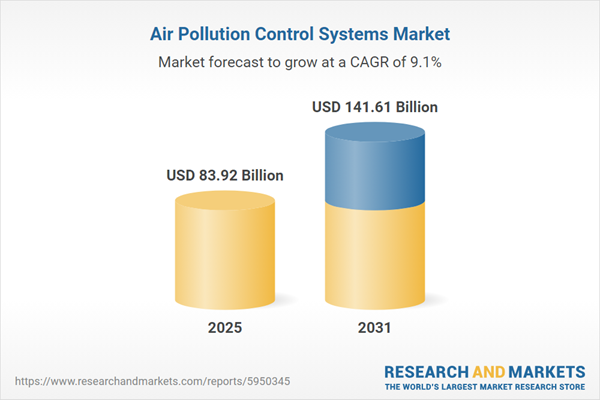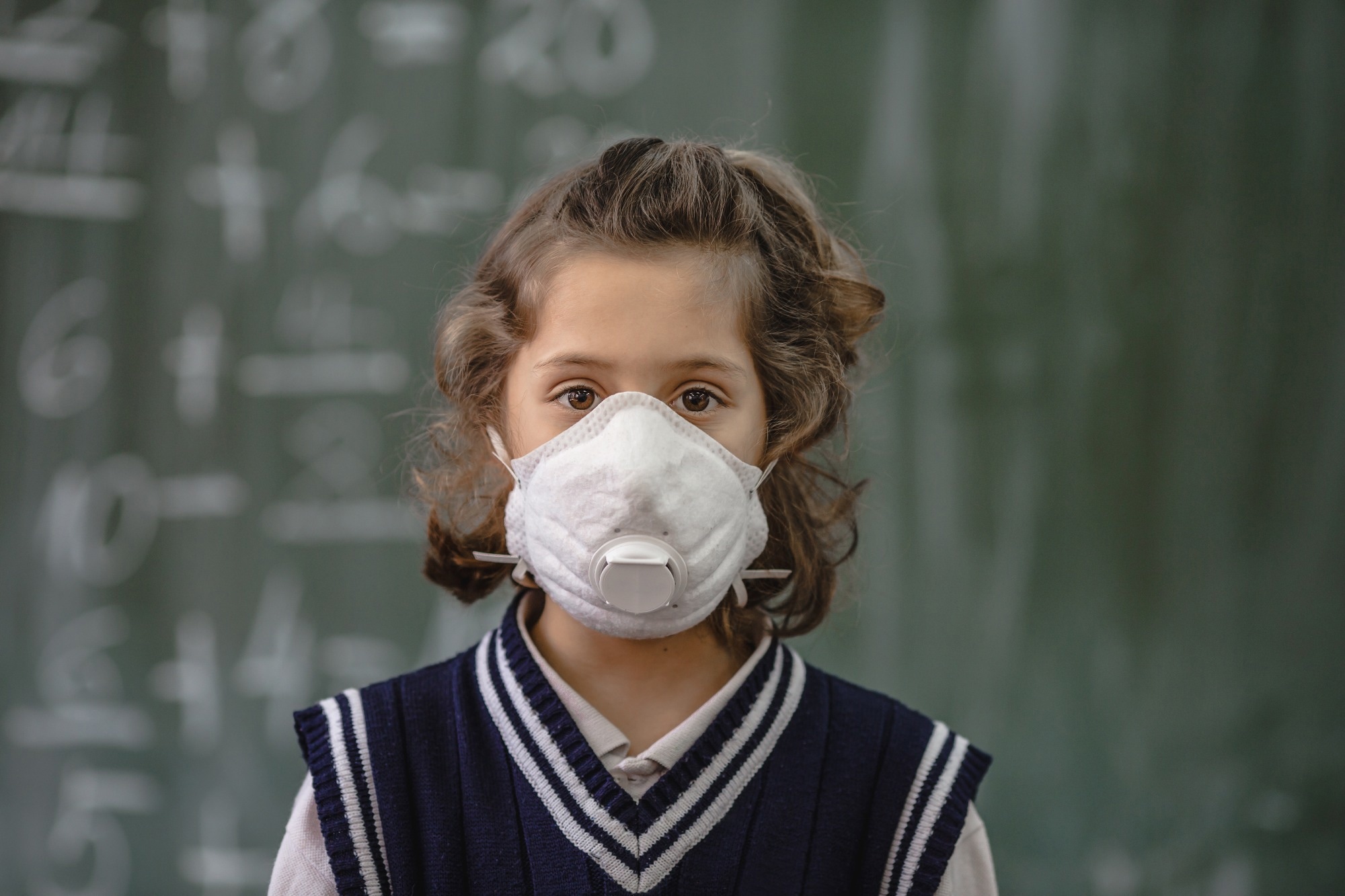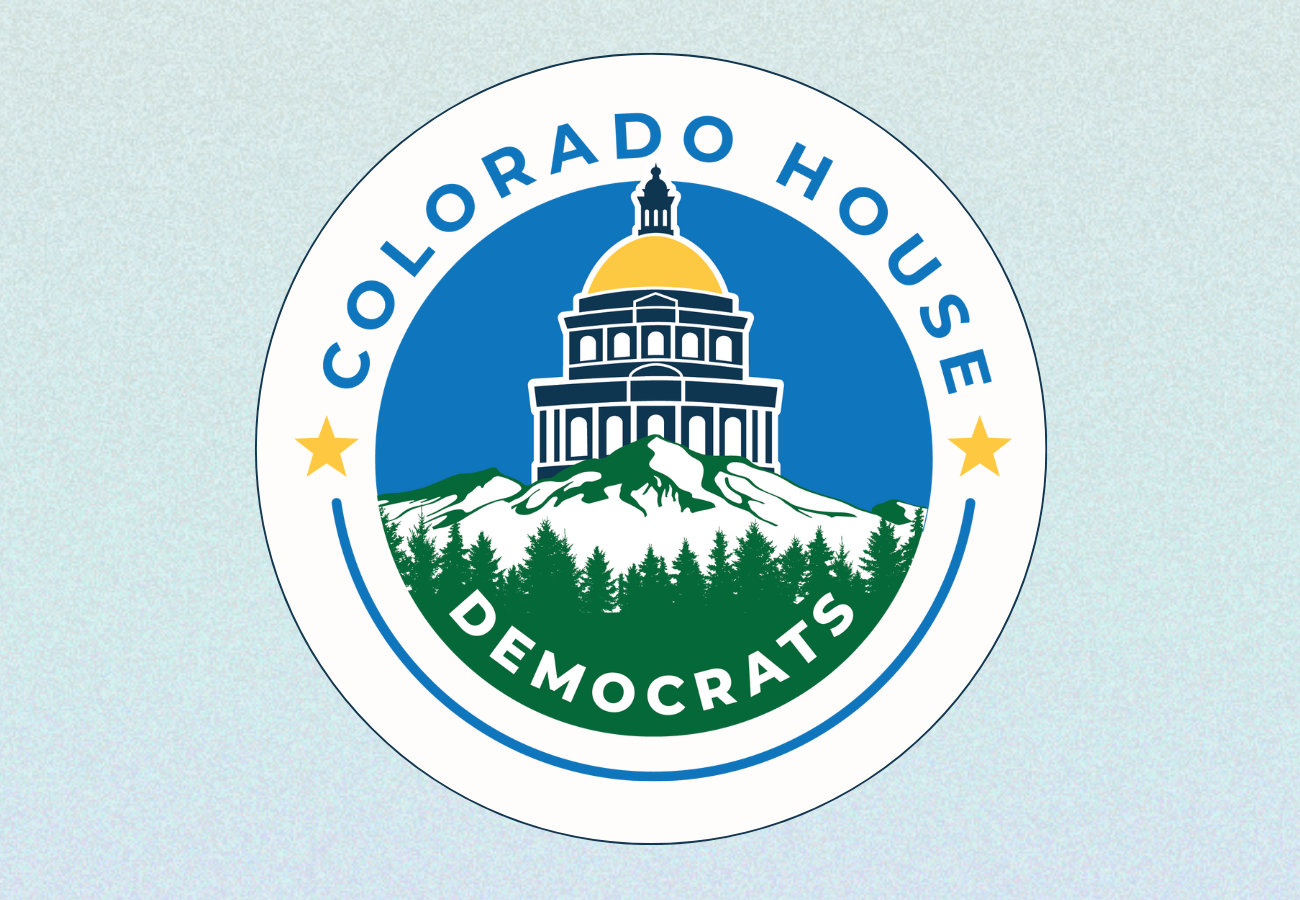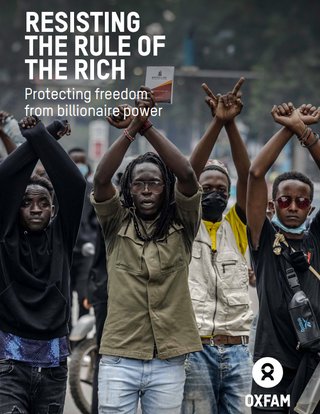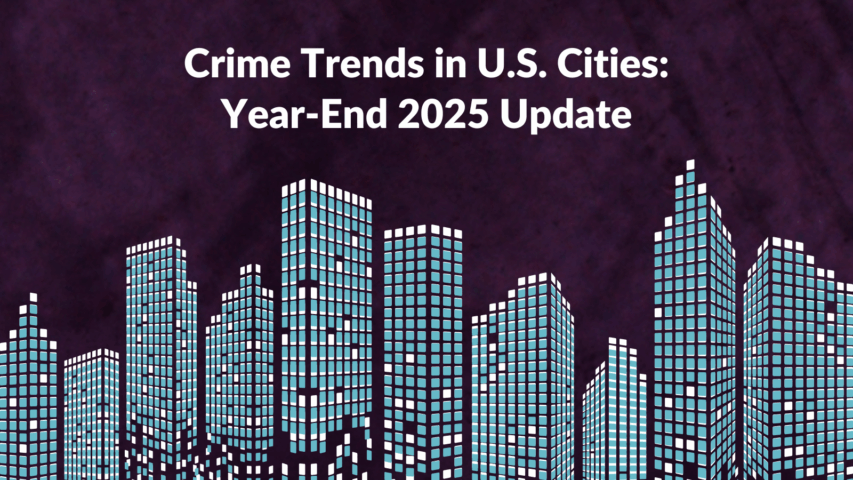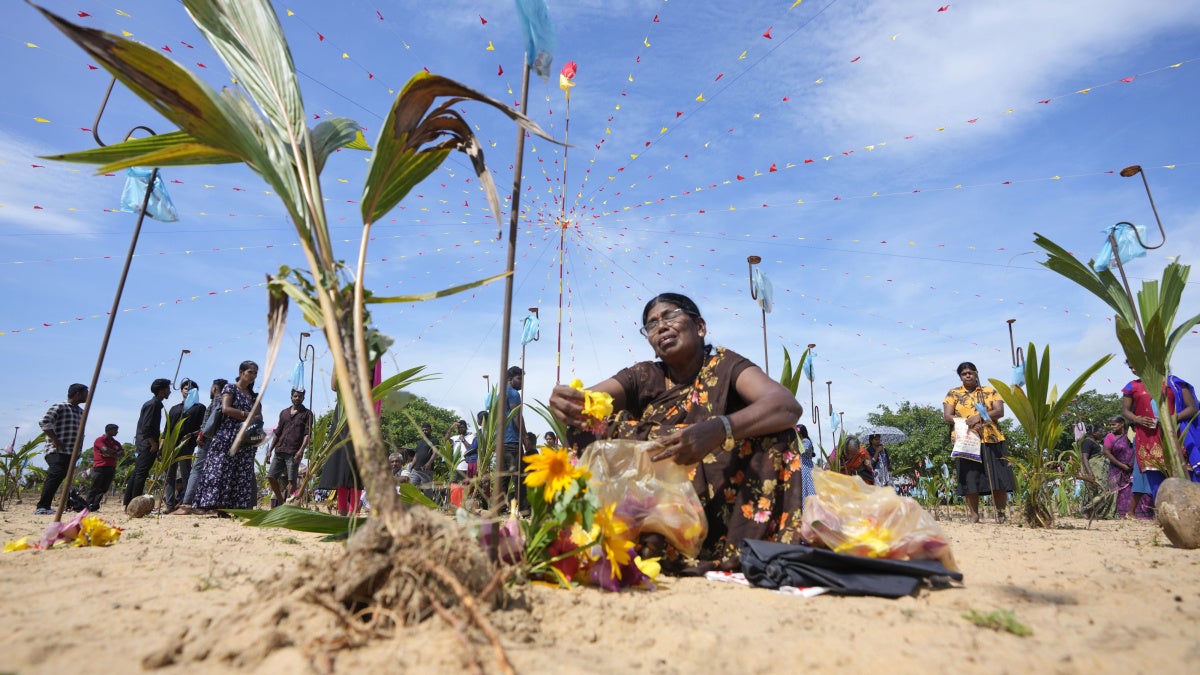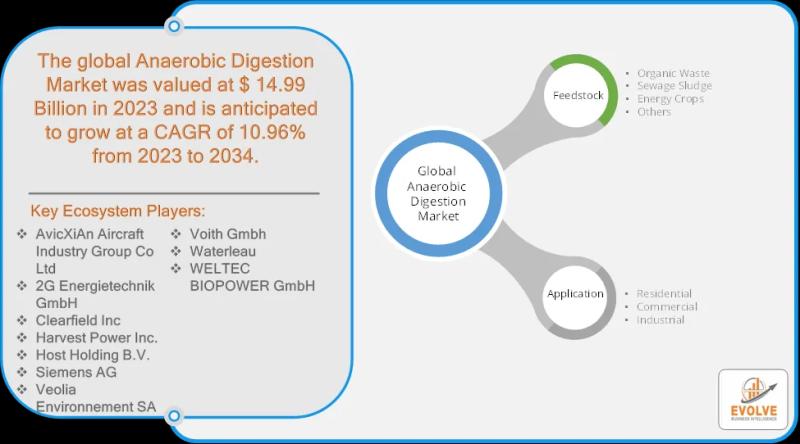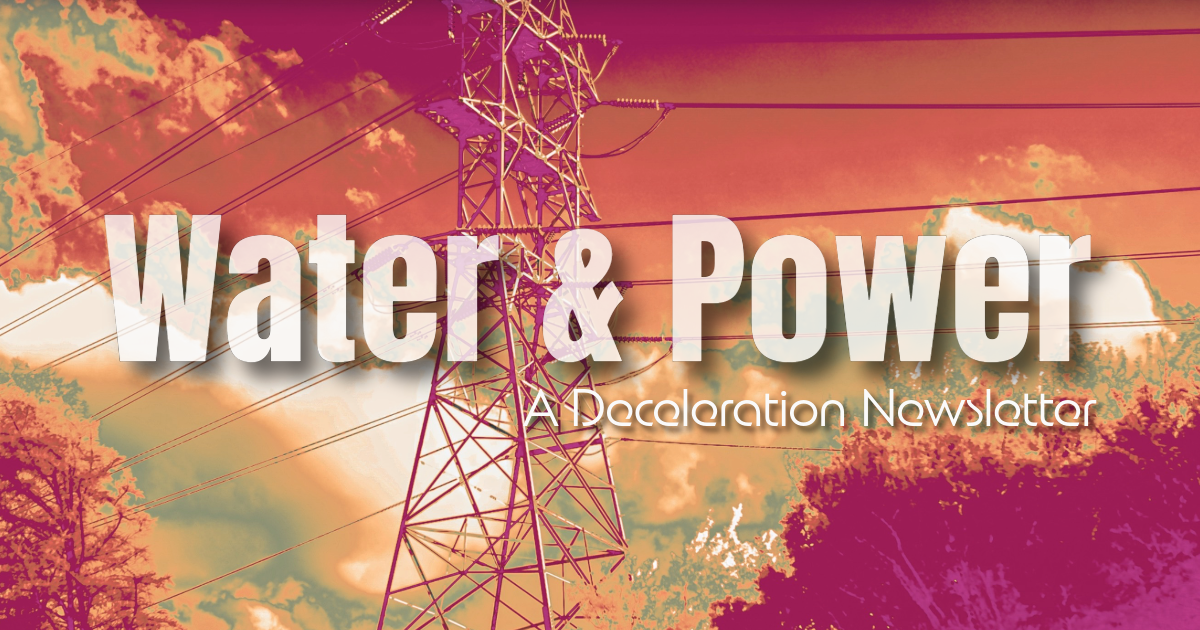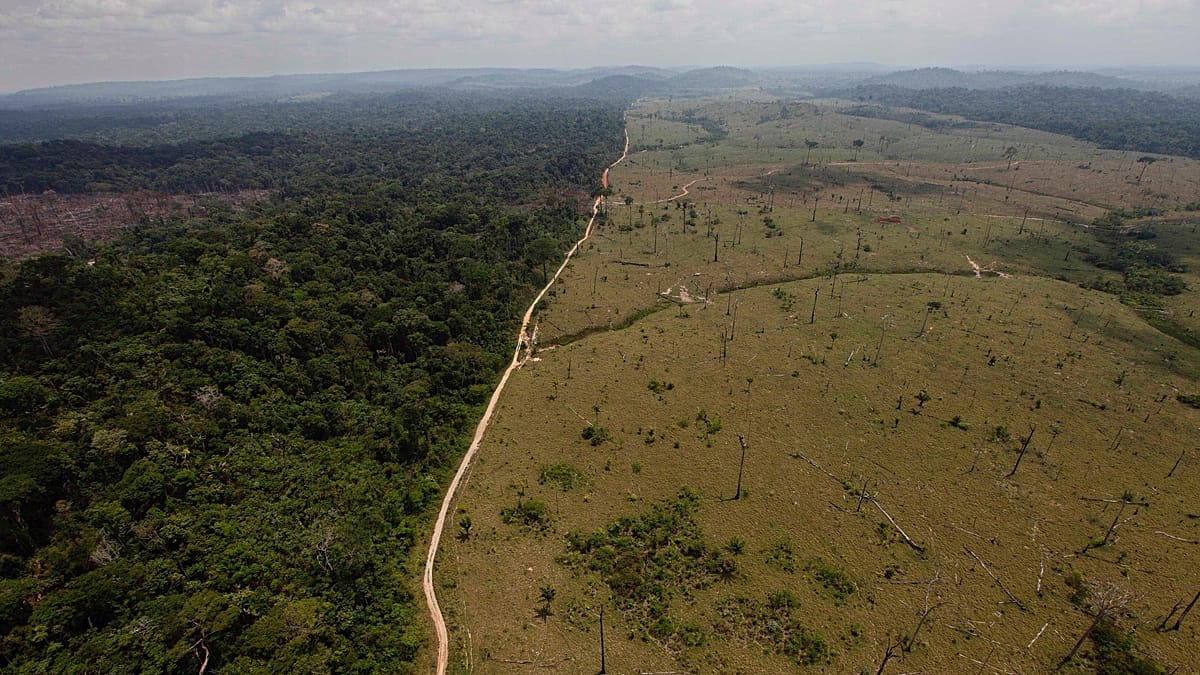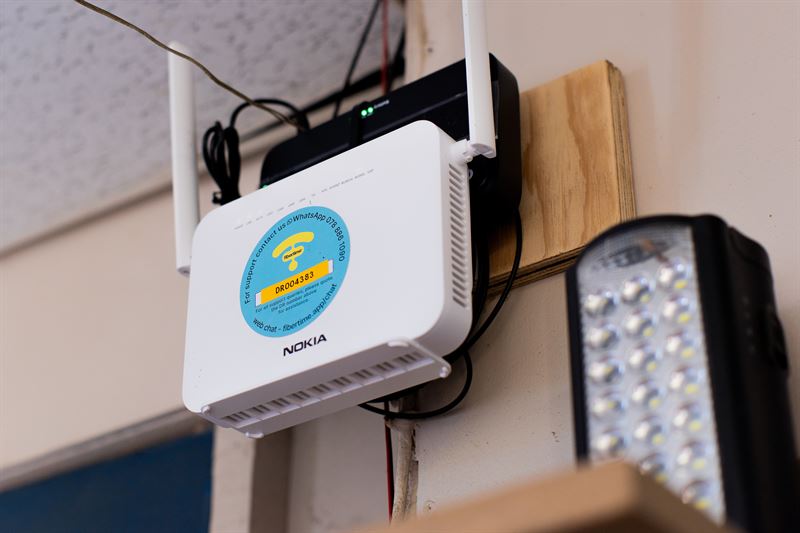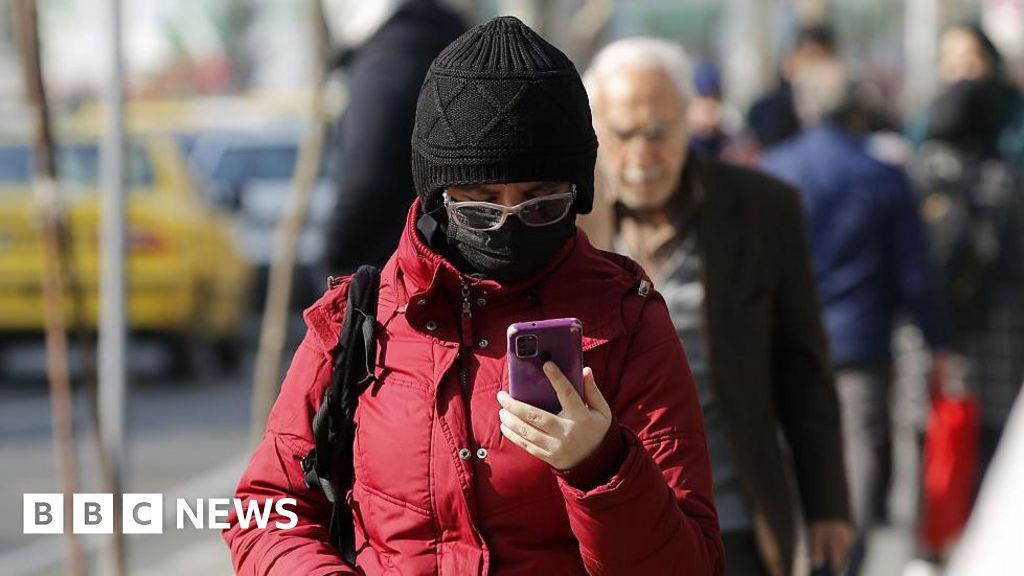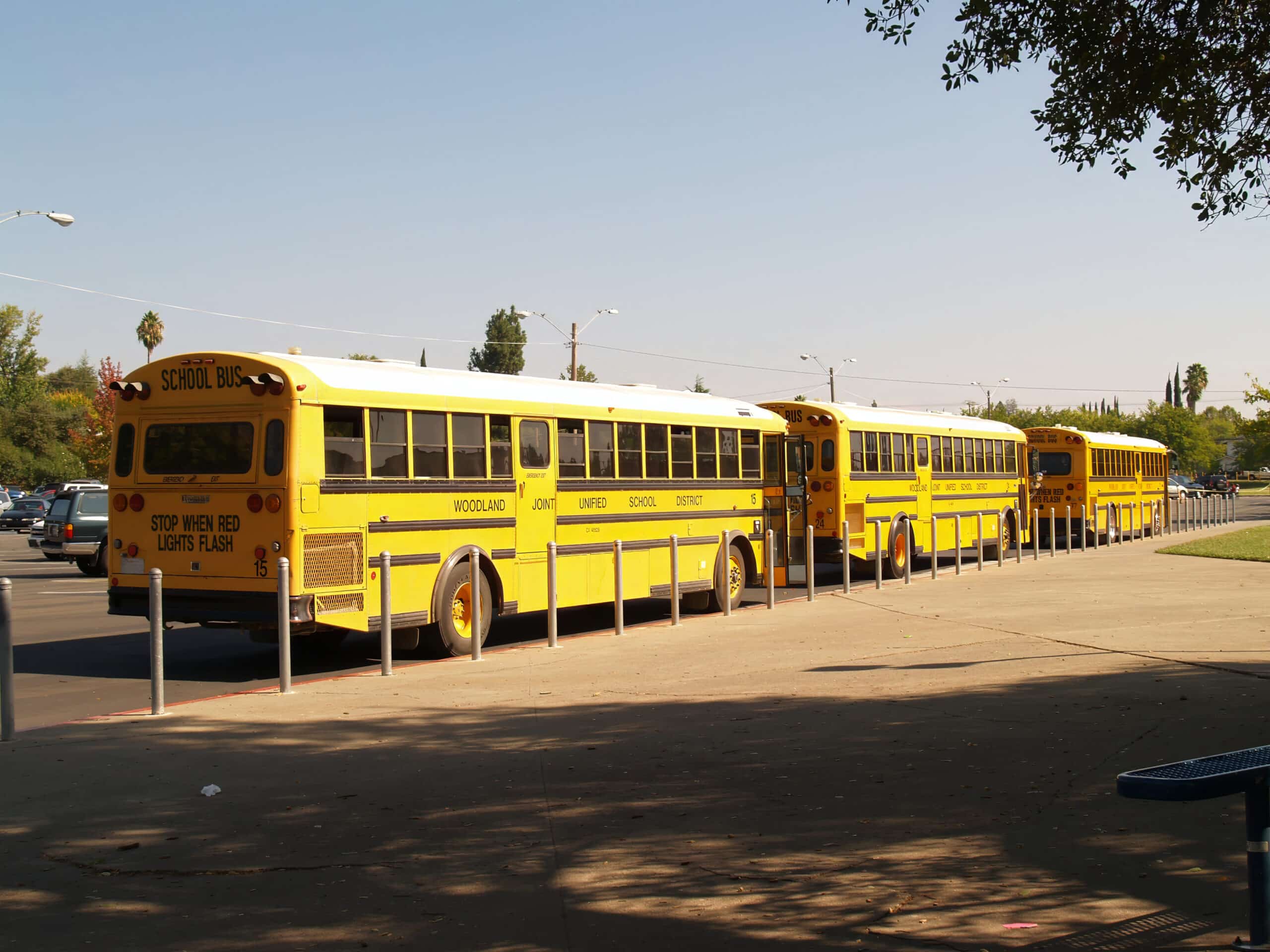Focus on Strengthening Teacher Education Education Faculty symposium – Nelson Mandela University

Report on Strengthening Teacher Education in Alignment with Sustainable Development Goals
An event focused on the theme of Strengthening Teacher Education was convened to establish platforms for teacher partners, leveraging collective experiences to enhance teacher education programmes. The symposium’s discussions directly addressed several United Nations Sustainable Development Goals (SDGs), primarily focusing on SDG 4 (Quality Education), SDG 10 (Reduced Inequalities), and SDG 17 (Partnerships for the Goals).
Collaborative Partnerships for Quality Education (SDG 4 & SDG 17)
The Eastern Cape MEC for Education, Fundile Gade, delivered the keynote address, highlighting the critical need for collaboration to advance educational outcomes. This approach is central to achieving SDG 17 (Partnerships for the Goals), which emphasizes multi-stakeholder partnerships to support the achievement of sustainable development.
- MEC Gade commended the Faculty of Education for its commitment to teacher development, a key component of SDG 4 (Quality Education).
- He stressed a problem-solving approach to provincial education challenges, advocating for a process of identifying, admitting, and rectifying mistakes.
- The MEC called for an end to blame, urging stakeholders to exchange ideas and work collaboratively to transform the education system, stating, “by working together with our external stakeholders, we are working together to take hands and change the world.”
Linguistic Inclusion and Reducing Inequalities in Education (SDG 4 & SDG 10)
Dr Naledi Mbude-Mehana, Deputy Director-General at the Department of Basic Education, presented on the critical role of language in education, directly linking to SDG 10 (Reduced Inequalities) by addressing linguistic disparities and their impact on learning.
Key Issues Addressed:
- Mother-Tongue Based Bilingual Education (MTBBE): Dr Mbude-Mehana emphasized that MTBBE is essential for genuine bilingualism and epistemic justice. This strategy supports Target 4.5 of SDG 4, which aims to eliminate gender disparities in education and ensure equal access to all levels of education for the vulnerable, including persons with disabilities, indigenous peoples, and children in vulnerable situations.
- Language Malnutrition and Epistemic Violence: The report highlighted that of the 12 official languages in South Africa, only English and Afrikaans are adequately resourced. This disparity creates “language malnutrition” and constitutes a form of “epistemic violence,” systematically disadvantaging learners whose home language is not prioritized, thereby perpetuating inequality in direct opposition to the principles of SDG 10.
- Digital Language Resources (DLRs): The importance of developing DLRs was noted as essential for creating learning materials in underserved indigenous languages. This technological intervention is crucial for expanding access to quality teaching resources and ensuring all learners have an equitable opportunity to succeed, a cornerstone of SDG 4.
The Role of Higher Education in Achieving Educational Goals
The report underscores the vital role of Higher Education Institutions in driving the necessary transformation within the education sector. This aligns with Target 4.c of SDG 4, which calls for a substantial increase in the supply of qualified teachers through international cooperation for teacher training in developing countries.
- Dr Mbude-Mehana called upon Higher Education Institutions to lead the implementation of the MTBBE strategy.
- Future educators must be equipped with the knowledge and tools to effectively implement bilingual education in linguistically and culturally diverse classrooms.
- Empowering teachers is positioned as the key to bridging foundational learning gaps, thereby building a more inclusive, equitable, and high-quality education system for all, in direct support of the 2030 Agenda for Sustainable Development.
Analysis of Sustainable Development Goals in the Article
1. Which SDGs are addressed or connected to the issues highlighted in the article?
-
SDG 4: Quality Education
- The entire article is centered on improving the education system. It discusses the theme of “Strengthening Teacher Education,” the challenges in foundational learning, and strategies for more effective and inclusive teaching, which are all core components of SDG 4.
-
SDG 10: Reduced Inequalities
- The article directly addresses linguistic inequality within the South African education system. It highlights that out of 12 official languages, “only English and Afrikaans are adequately resourced,” leading to disadvantages for learners whose mother tongue is an indigenous language. The promotion of Mother-Tongue Based Bilingual Education (MTBBE) is presented as a strategy to reduce this inequality and promote “epistemic justice.”
-
SDG 17: Partnerships for the Goals
- The article emphasizes collaboration as a key to solving educational challenges. It mentions the event gathered “teacher partners to create platforms” and quotes MEC Gade saying, “We believe that by working together with our external stakeholders, we are working together to take hands and change the world.” The call for Higher Education Institutions to work with the Department of Basic Education further underscores the importance of partnerships.
2. What specific targets under those SDGs can be identified based on the article’s content?
-
Under SDG 4: Quality Education
- Target 4.c: “By 2030, substantially increase the supply of qualified teachers…” The article’s main theme is “Strengthening Teacher Education.” It discusses the need to “enhance teacher education programmes” and calls on Higher Education Institutions to “build a new generation of educators” equipped with the skills for bilingual education, directly aligning with the goal of increasing the supply of qualified teachers.
- Target 4.1: “By 2030, ensure that all girls and boys complete free, equitable and quality primary and secondary education leading to relevant and effective learning outcomes.” The focus on MTBBE is aimed at rectifying issues in “foundational learning” to ensure meaningful inclusion and better learning outcomes for all students, regardless of their home language.
- Target 4.7: “By 2030, ensure that all learners acquire the knowledge and skills needed to promote sustainable development, including… appreciation of cultural diversity…” The article’s emphasis on making educators “responsive to the linguistic and cultural diversity of classrooms” and promoting MTBBE supports the appreciation of cultural and linguistic diversity, a key component of this target.
-
Under SDG 10: Reduced Inequalities
- Target 10.2: “By 2030, empower and promote the social, economic and political inclusion of all, irrespective of… ethnicity, origin… or other status.” The push for MTBBE aims to ensure “meaningful inclusion in the classroom” for learners from diverse linguistic backgrounds, preventing their marginalization in an education system dominated by English and Afrikaans.
- Target 10.3: “Ensure equal opportunity and reduce inequalities of outcome…” The article identifies the under-resourcing of indigenous languages as a cause of unequal educational opportunities. The MTBBE strategy is a policy action aimed at rectifying this imbalance and reducing the resulting “inequalities of outcome.”
-
Under SDG 17: Partnerships for the Goals
- Target 17.17: “Encourage and promote effective public, public-private and civil society partnerships…” The event described in the article, which “gathered teacher partners,” and the call for collaboration between the Department of Basic Education and Higher Education Institutions are direct examples of the multi-stakeholder partnerships this target promotes.
3. Are there any indicators mentioned or implied in the article that can be used to measure progress towards the identified targets?
-
For SDG 4 Targets:
- Indicator for Target 4.c: The article implies the need to measure the proportion of teachers trained with the skills to implement bilingual education effectively. The call for Higher Education Institutions to equip future educators provides a basis for this metric.
- Indicator for Target 4.1: Progress could be measured by tracking learning outcomes in foundational literacy and numeracy, disaggregated by mother tongue. The success of the MTBBE strategy would be reflected in improved performance among learners from previously underserved language groups.
-
For SDG 10 Targets:
- Indicator for Target 10.2/10.3: The article points to the availability of educational resources in all official languages. The development and use of “Digital Language Resources (DLRs) to support the development of learning materials in underserved languages” is a specific, measurable indicator of progress in reducing linguistic inequality in education.
-
For SDG 17 Targets:
- Indicator for Target 17.17: The article implies measuring the number and effectiveness of partnerships between government bodies, higher education institutions, and other stakeholders focused on teacher education. The event itself serves as an example of such a partnership platform.
4. Summary Table of SDGs, Targets, and Indicators
| SDGs | Targets | Indicators (Identified from the article) |
|---|---|---|
| SDG 4: Quality Education |
4.c: Increase the supply of qualified teachers.
4.1: Ensure equitable and quality primary and secondary education for effective learning outcomes. 4.7: Ensure learners acquire skills for sustainable development, including appreciation of cultural diversity. |
Proportion of teachers trained in Mother-Tongue Based Bilingual Education (MTBBE) methodologies.
Improved learning outcomes in foundational stages, particularly for students from non-English/Afrikaans language backgrounds. Integration of linguistic and cultural diversity responsiveness in teacher education curricula. |
| SDG 10: Reduced Inequalities |
10.2: Empower and promote the social inclusion of all.
10.3: Ensure equal opportunity and reduce inequalities of outcome. |
Proportion of students receiving instruction and learning materials in their mother tongue.
Availability and use of Digital Language Resources (DLRs) and other learning materials in all 12 official languages. |
| SDG 17: Partnerships for the Goals | 17.17: Encourage and promote effective public, public-private and civil society partnerships. | Number of active partnerships and collaborative platforms between the Department of Basic Education, Higher Education Institutions, and other stakeholders to strengthen teacher education. |
Source: news.mandela.ac.za

What is Your Reaction?
 Like
0
Like
0
 Dislike
0
Dislike
0
 Love
0
Love
0
 Funny
0
Funny
0
 Angry
0
Angry
0
 Sad
0
Sad
0
 Wow
0
Wow
0
